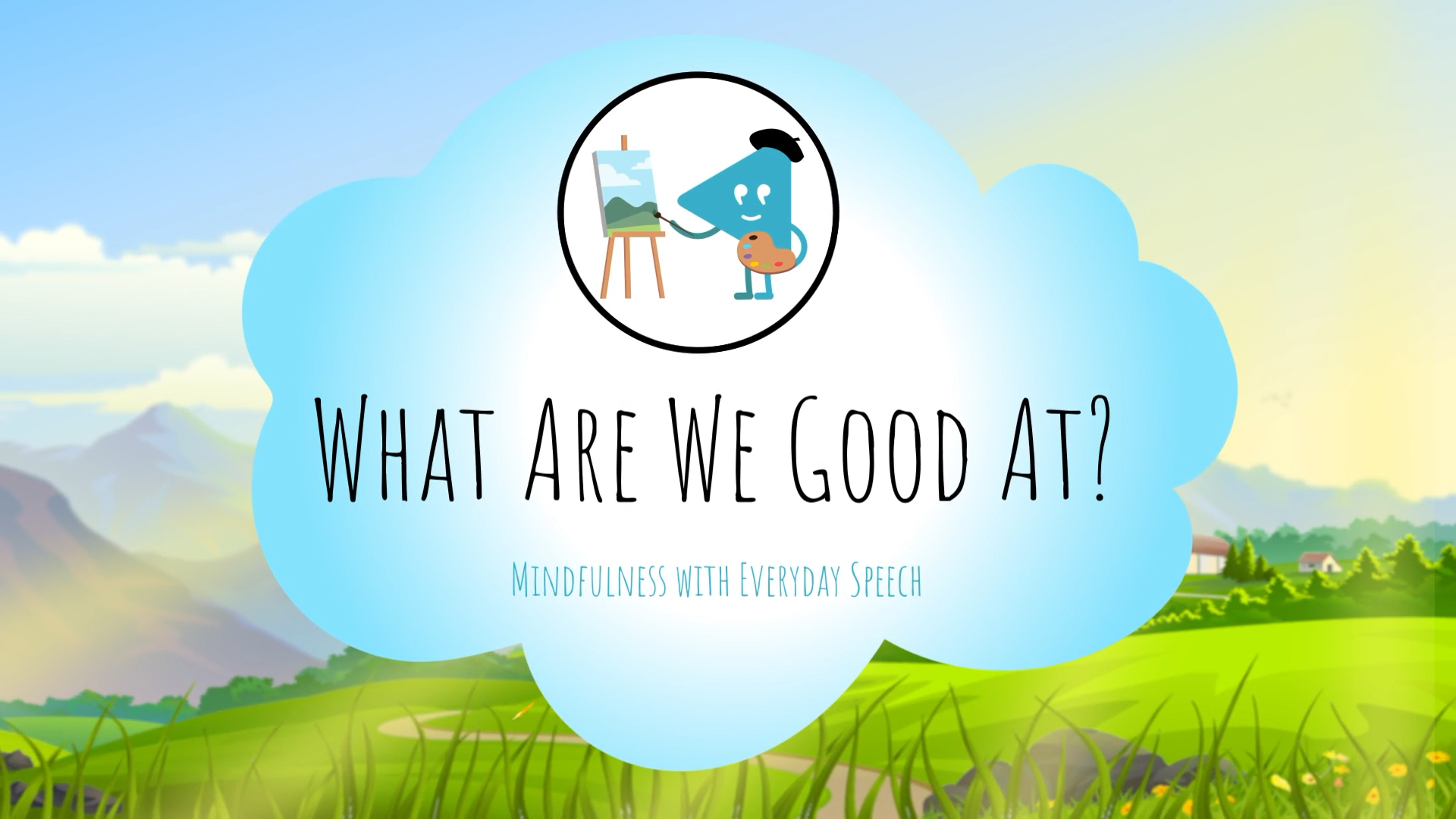Our strengths, or the talents and abilities we possess naturally, can be a source of happiness and self-confidence when we engage in activities that utilize them. By identifying and focusing on our strengths, we can foster a positive learning environment and help students develop in various aspects of their lives. This blog post will discuss Emotional Strengths, Social Strengths, Learning Strengths, and Physical Strengths, with a particular focus on educators working with students in Special Education.
Introduction
Incorporating principles of Social-Emotional Learning, this blog aims to provide educators with tools and resources to help students explore their strengths, improve their self-awareness, and build confidence. We will discuss various activities and exercises that can be implemented in the classroom to help students discover their Emotional, Social, Learning, and Physical Strengths.
No-Prep Activity: Strengths Bingo
This activity requires no preparation or materials from the educator and can be easily adapted for students of all ages and abilities. Have students sit in a circle and take turns naming a strength they possess. When a student names a strength, the rest of the group should acknowledge and celebrate the strength by saying “Bingo!” This activity encourages students to recognize and appreciate their strengths while also fostering a supportive and positive classroom environment.
Discussion Questions
- How do you feel when you engage in activities that use your strengths? Can you think of a time when you felt particularly happy or confident because you were using your strengths?
- Why is it important to be aware of our strengths and weaknesses? How can this awareness help us grow and improve?
- How can we help others discover and develop their strengths? What role can educators and peers play in this process?
- Do you think it’s possible to develop new strengths? Why or why not? If so, how can we go about doing this?
Related Skills
Exploring strengths is closely related to other relevant skills for students, such as:
- Self-awareness: Understanding one’s emotions, strengths, and weaknesses.
- Self-regulation: Managing emotions and behaviors in a healthy way.
- Goal-setting: Identifying personal goals and working towards achieving them.
- Resilience: Overcoming challenges and setbacks by focusing on strengths and personal growth.
Next Steps
Now that you have an understanding of how to explore strengths with your students, we encourage you to dive deeper into these concepts and activities by signing up for free samples of related materials from Everyday Speech. These resources can help you further engage your students in discussions and activities aimed at fostering self-awareness, confidence, and personal growth.






